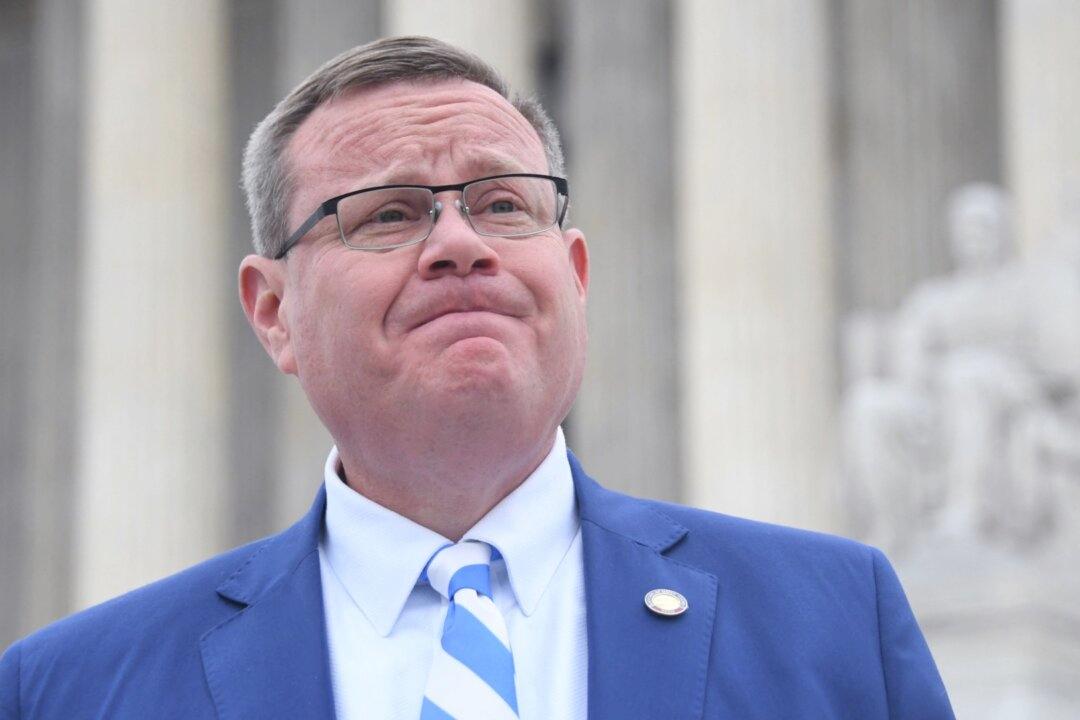The U.S. Supreme Court signaled late on March 2 that it’s considering dropping a high-profile pending case in which Republicans are asking it to rule that state legislatures have greater power over federal elections.
The case, Moore v. Harper, court file 21-1271, is currently being deliberated by the justices after they heard almost three hours of oral arguments on Dec. 7, 2022, which The Epoch Times reported on at the time.





